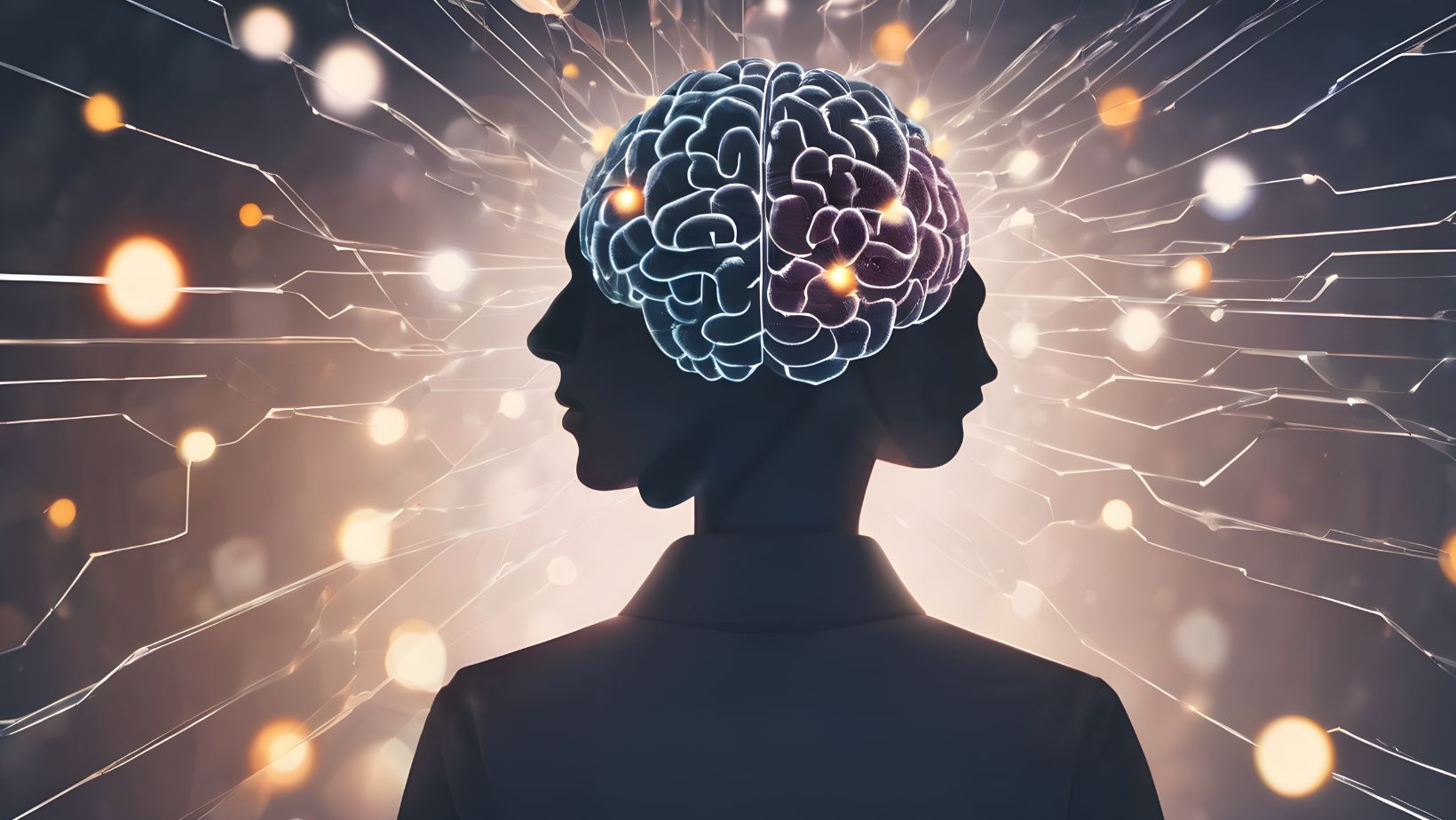It is simple to concentrate on what we lack rather than what we have in a world that frequently seems quick, noisy, and demanding. Appreciation is a simple mindset. It can change how we see everything. Developing the practice of observing and valuing the little things in life does more than just improve our mood at the time. In fact, it alters how our brains function. Being thankful for a friend, a sunny morning, or some luck at Safe Casino can really change how we think and act. Gratitude affects our relationships too.
Mental Health and Gratitude
The ability of thankfulness to reduce tension and worry is among its best qualities. Your brain lets some wild dogs loose, AKA, dopamine and serotonin. These cozy hormones make you feel good and calm. Taking a moment to appreciate what you have triggers this release. These happy emotions grow more consistent and easier to achieve over time.
Regular thankfulness practitioners frequently report better sleep and lower levels of anxiety and depression. They typically develop deeper, more meaningful relationships and are happier with their lives. Gratitude helps you overcome negative thought patterns by reminding you of what is going well rather than what is going wrong.
It also alters your approach to problem-solving. Even difficult circumstances seem a little easier to endure once you are used to seeing the positive aspects of things. Although you recover more quickly, you may still experience stress. Being grateful helps you maintain your composure and optimism in the face of adversity.
Handling Practice to Rewire the Brain
These neural pathways get stronger the more the brain uses them. Your mind becomes more adept at identifying issues if you spend the majority of your time thinking about them. However, your brain starts doing that on its own when you concentrate on what is going well. This is how gratitude gradually alters your thought process through repetition and little moments of awareness.
To notice a difference, a significant alteration is not necessary. Spend a few minutes every day concentrating on something positive. You may send a thank-you note, write down one thing for which you are grateful, or just enjoy some peace and quiet time to yourself. A warm meal, a kind smile, or a peaceful evening after a hectic day—even the little things matter.
This small habit gradually alters your perspective on life. Your ideas become more optimistic, and you start to discover delight in everyday situations. It gets simpler for your mind to remain peaceful, clear, and composed the more regularly you practice thankfulness.
A Lifestyle With Greater Connectivity
Your relationships and your thinking are both impacted by gratitude. People feel seen and appreciated when you express sincere gratitude. It strengthens relationships and fosters trust. Being grateful makes it easier to see the positive aspects of other people and the events that comprise your life.

Gratitude serves as a reminder to slow down and be grateful for what we currently have in a world that never stops pushing us to seek more. Getting something new isn’t necessarily the source of happiness. More often than not, it results from taking the time to genuinely appreciate what we currently have.
Regular gratitude practice causes your brain to begin reflecting that energy. You get calmer, kinder, and more receptive to happiness. Your mind gets strengthened by every moment of gratitude in little ways that build up over time. Being grateful is a method of looking at life, not merely a sentiment. One grateful thought at a time, it keeps you grounded, balanced, and truly happy.

